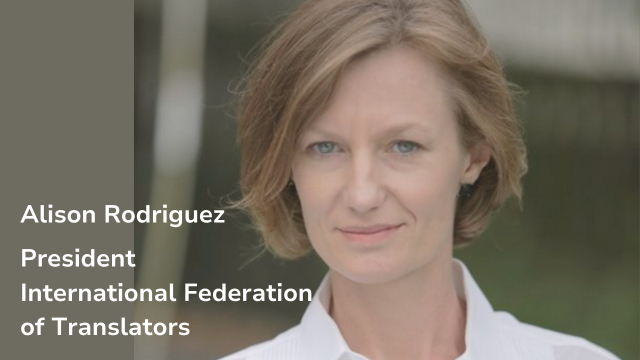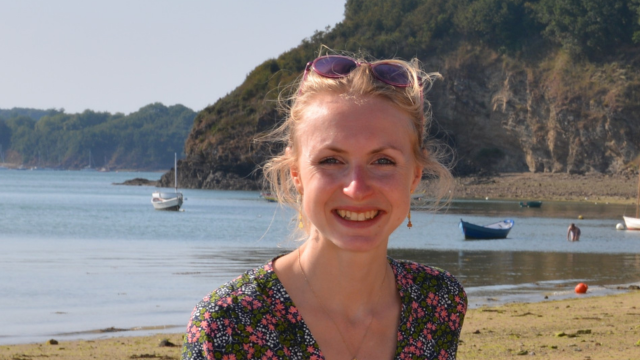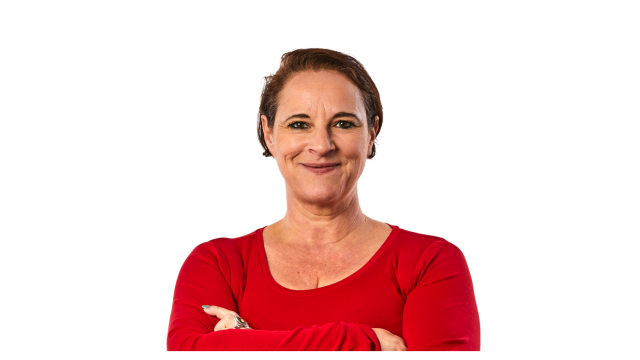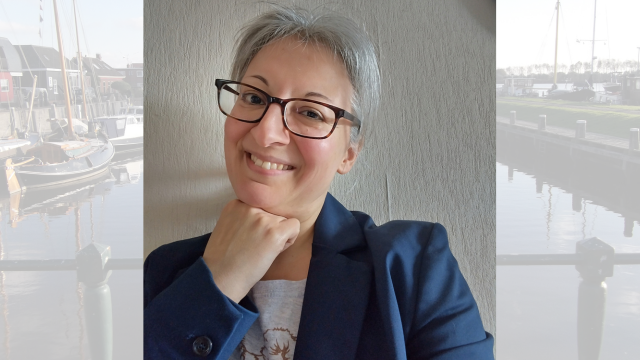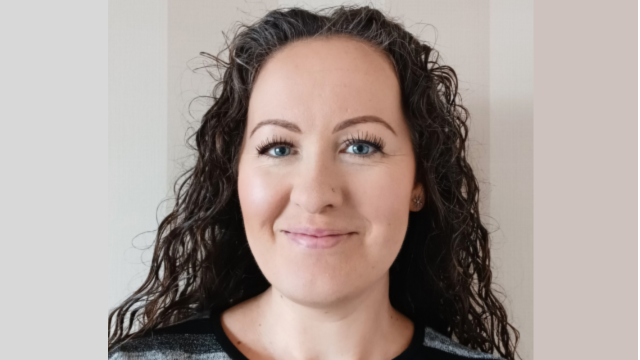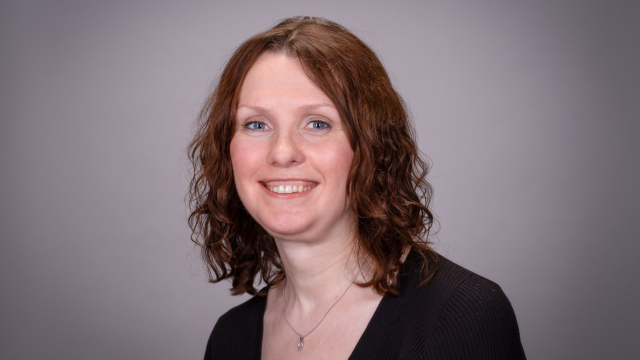-
QUALIFICATIONS
- For Linguists Worldwide
- For UK Public Services
- Preparation
- Policies & Regulation
-
MEMBERSHIP
- Join CIOL
- Membership grades
- NEW for Language Lovers
- Chartered Linguist
- Already a member?
- Professional conduct
- Business & Corporate Partners
-
ASSESSMENTS
- For Second Language Speakers
- English as a Second Language
-
TRAINING & EVENTS
- CPD, Webinars & Training
- Events & Networks
- CIOL Mentoring
-
NEWS & VOICES
- News & Voices
- CIOL eNews
- CIOL Awards
- The Linguist
- Jobs & Ads
-
RESOURCES
- For Translators & Interpreters
- For Universities & Students
- Standards & Norms
- CIOL & AI
- APPG
- In the UK
- UK Public Services
- Find-a-Linguist
Mariane Lambert – DipTrans Award Winner
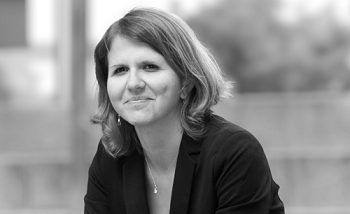
Mariane Lambert won the CIOL Award for Best Candidate in the Diploma in Translation
Why did I take the DipTrans?
I truly became aware of the DipTrans around 2018. I had already been working as a freelance translator for a few years at the time, and although my business was doing fairly well, I was looking for a new challenge. I will also readily admit that, having no formal education in the translation field, I was still occasionally suffering from a form of imposter syndrome.
As I was researching which translation diploma would be the most worthwhile on various professional translators’ forums, the DipTrans kept being mentioned as a good qualification to have.
Not being based in the UK, an important criterion for me was that the translation diploma be recognised in many countries around the world, and it seemed that the DipTrans fit the bill in that respect as well.
How did I prepare for the DipTrans?
I had read and heard that the DipTrans was a difficult exam, so I decided early on to give myself the best chances of passing, and registered for a preparation course. However for personal reasons I was not able to follow through with the preparation offered by the course. I did use the material provided with the course to prepare, but did not receive any guidance or feedback. I ended up practising with mainly two types of material:
- DipTrans past papers in my chosen specialty areas - technology and science - as well as past general papers. I must say this was very useful to have access to them on the CIOL website, especially to be able to have a look at the examiner’s report on previous candidates’ performance.
- Various articles from technological or scientific publications (eg. The Scientist), as well more generalist newspapers and magazines, such as The Economist.
I also prepared trying not to use any electronic dictionaries as those are not allowed during the exam, which meant I had to invest in a few more paper dictionaries before starting preparation.
How do I see the DipTrans benefiting my career?
Since I have added the DipTrans to my CV, I have noticed more call-backs after reaching out to potential new clients. Furthermore more prospects have contacted me spontaneously with translation jobs. I now have a qualification that is well-known by translation agencies and other LSPs around the world, which is undoubtedly an asset.
I am considering taking the DipTrans from German into French - my other language combination - in the future.
How do I feel about being the highest scoring candidate?
Although it was unexpected, it was a pleasant surprise. With exams such as this one, I think it is always difficult to assess one’s own chances of passing because translation is not an exact science. There are always issues that come up with terminology, etc. and not just one way of solving them. It is definitely a welcome boost in confidence in my abilities as a professional translator.
Mariane Lambert won CIOL’s award for Best Candidate in the Diploma in Translation (DipTrans), awarded on 24 March 2023.
There's still time to register for the July 2023 DipTrans exam. Click here to find out more about the DipTrans, including available languages, dates and how to register.
Views expressed on CIOL Voices are those of the writer and may not represent those of the wider membership or CIOL.
Filter by category
More
The Chartered Institute of Linguists (CIOL), Incorporated by Royal Charter, Registered in England and Wales Number RC 000808 and the IoL Educational Trust (IoLET), trading as CIOL Qualifications, Company limited by Guarantee, Registered in England and Wales Number 04297497 and Registered Charity Number 1090263.

